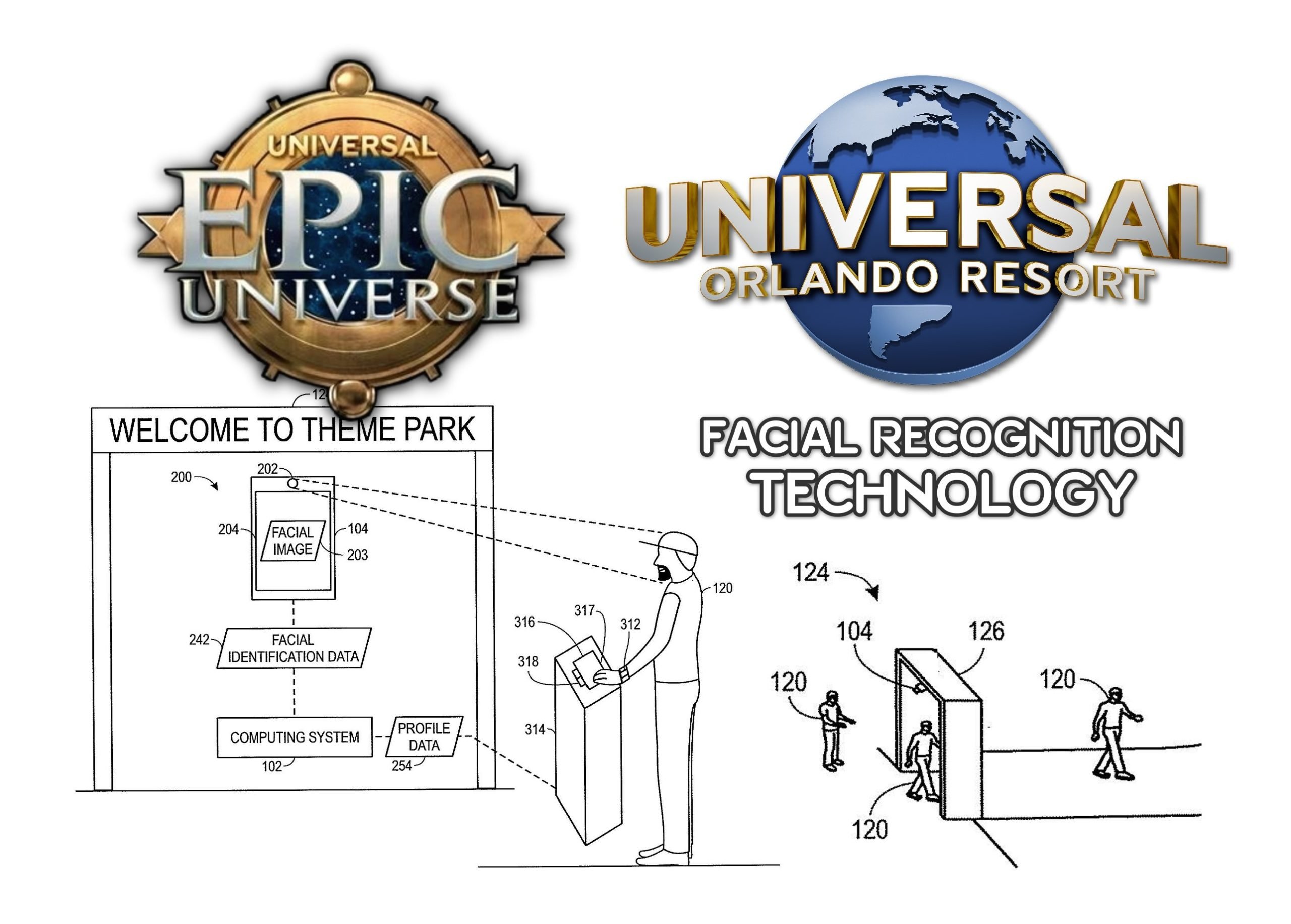Universal Orlando Resort has introduced facial recognition technology at its park entrances, replacing traditional ticket scanning and fingerprint-based verification. The system (for now) is optional.
While this change aims to expedite entry, it also raises significant privacy concerns. The growing reliance on biometric authentication in the entertainment industry has sparked conversation about data security, surveillance, and the potential for misuse. Universal claims the new system processes guest admissions in roughly two seconds using advanced photo validation, but critics worry about the long-term implications of widespread biometric tracking.

To gain entry, visitors must scan their passes and look into a camera positioned at the entry terminal. The technology mirrors implementations by ticketing services.
While designed to streamline park entry, Universal continues to provide an alternative for guests who prefer not to use facial recognition, allowing them to verify their identity with a photo ID instead. However, the increasing normalization of such technology pressures consumers into compliance while reducing their ability to opt-out.
The growing adoption of biometric technology in theme parks reflects an industry-wide focus on enhancing security while minimizing wait times. However, this convenience comes at a cost. Widespread biometric data collection could lead to mass surveillance, potential hacking risks, and the sale of personal data to third parties.
More: Milwaukee Brewers Introduce Facial Recognition at Stadium Despite Privacy Concerns











